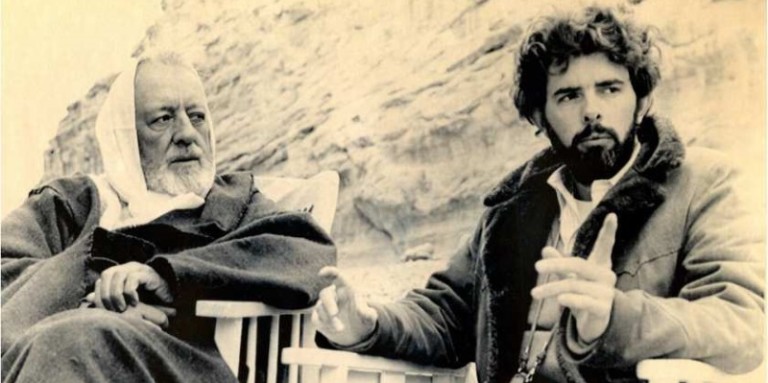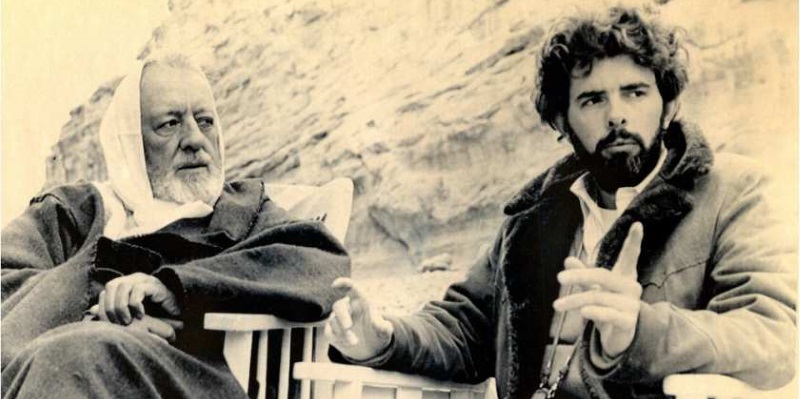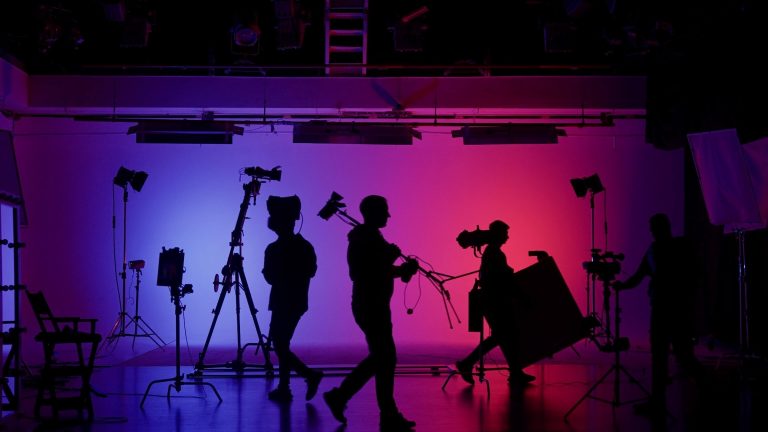
Brian Ackley is the Head of Development at One Way or Another Productions. His second feature film ALIENATED won 13 film festival awards and was picked up for distribution by Gravitas Ventures for release in select theaters and is available now on VOD.
There’s a lot that goes into a screenplay, certainly much more than a novice may consider. You have all the things that go into building your story and what kind of story that may be — romance, thriller, action-comedy, soap opera melodrama, etc. You have characters to think about, especially the one that leads your story, and those that support or go against him or her. Then you have elements like structure, tone, pace, and style. All of these are significant in shaping your screenplay, and I would argue that they should all be well thought-out as part of one’s outlining process.
With these elements decided upon, they’re ready to be translated into the language of screenwriting. This is where action, dialogue and description come in. Up until this point you should know what you want to say and how to say it best so that it’s most relatable and engaging. The challenge, however, is in sticking with your plan as you formally write out your script, one word at a time.
Description is used to relay any necessary physical details about your settings and characters, much of which works into your tone and style.
Action relays how your characters behave, particularly in contrast to what they say. Action can communicate a character’s inner conflict or shed light on a relationship they have with another character, setting or object.
Dialogue is the forced means by which your characters attempt to communicate. Sometimes dialogue succeeds in translating emotion or intuition or thought; but many times it gets in the way, or is used cryptically.
These elements combined and scrutinized and reworked will lay the groundwork for your own means of communicating, whatever that message may be. If your screenplay has come far enough to be produced, then you’ve done a decent enough job of relaying your intentions. But even if you’ve gotten this far, don’t assume you’re material has piqued.
Instead, realize that you now have at your disposal one of the greatest tools a screenwriter could have — someone to personify your creation. An actor can mean everything to the flat world you finger-punched onto a virtual pad — the difference between an idea and an achievement. The difference between living in a fantasy and creating your own reality.
An invested actor will dream of the world you’ve created for their character. Their sole purpose will be to become your character. The power of an invested actor will strip away any superfluous attitudes and pave the way for an open line of communication between your intentions and their understanding. Well, in all fairness, that will be the way of a properly invested actor. If you have any influence over casting, be sure to meet the top contenders and spend a little time with them.
The lesson to embrace is to listen to your actors. Open yourself to their interpretations of your words. Their best interests will essentially be yours — to play their characters to the best of their abilities, thereby finding their roles within the story. At this stage in the game, actors are a writer’s best assets.
I’ve always looked up to Neil Simon for his consistently comical work in the theater. He’s written up to thirty plays and so many of them have been commercially successful. So many of them have been so successful that they were adapted into films, most often by his own pen.
He’s won Emmy’s, Tony’s, WGA Awards, Critics Circle Awards, A Golden Globe, The Mark Twain Prize and the Pulitzer Prize for Drama. But what’s impressed me over the years — besides the work itself — was something that I read from his autobiography, Neil Simon Rewrites: A Memoir. In it he describes a part of his work ethic in the form of a routine that he does with every new play of his that gets produced — he watches the actors rehearse. Why, even after years of success, even long after his first several drafts are completed, and even after they’re optioned or bought? Well, it’s because he used to rewrite his dialogue right there on the spot. He’d sit and watch and listen. If a joke didn’t fly, he’d make a note of it. If an actor improvised a line that was better than his, he’d make a note of it. If the director asked something of him, he’d make a note of it.
To me, this display of patience and discipline shows two things: that he cared deeply for his work, enough to continually refine it; and that he left his work open to collaborative scrutiny. Simon was certainly not fearful of actors or their process — he wholly embraced them both.
Similarly, on set I leave room for actors’ opinions. I may labor over a script for several months, reviewing and altering the smallest nuances of a character’s behavior and speech, but once my actors show a vested interest and commitment to the work, I release my words to them. The most common way for me to do so is by inviting them to make the dialogue their own. I am also an actor so I understand that there are several ways to approach the work. One is by studying a character’s speech, vocabulary, and speaking rhythms, and to extrapolate character choices based on these verbal and intellectual cues. But that’s only one method. What happens when an actor is forced into such a method by being told that their dialogue is not adjustable?
My fear is that this kind of tactic could interrupt the flow of two separate processes — the actor’s process in bringing life to the character and the collaborative process that works toward completing a project to a team’s best ability given whatever are their specific circumstances. The relationship between writer and director, and director and actor should come from a place of trust. To earn it, one usually has to be open and flexible to other perspectives.
The other danger is falling into the belief that you are 100% right. That you, without a doubt, know the best way to proceed, as it comes to telling your story, or relaying relevant plot information, or sharing necessary character nuances. Of course, as a writer or director or both, you could have a firm grip on all these understandings, but to claim to absolutely know and consistently know all the answers to everything within this world you’re creating is unrealistic. You’re certainly setting yourself up for a tumble at some point.
The best example I have of actors improving upon my script went far beyond changing my dialogue. It happened on the set of my latest feature, Alienated, which is about a guy who witnesses a UFO but is not sure how to tell his wife. Will she be freaked out? Will she even believe him? The sci-fi drama goes on to explore the dynamics of their marriage while the end of the world, as we know it, is nearing. I had the great fortune of writing and directing this film for my company One Way or Another Productions.
All throughout the 6-day shoot in a single house we had problems keeping up with continuity and getting our days in. By the last day, we were really in trouble. We had a large number of pages to shoot out with some lightly complicated set-ups. We also had to find a way to rework a transition because of changes made to the last scene we shot (we filmed mostly sequentially).
I recruited my actors to help solve the problem. We assembled into a back room like a small committee and went to work, discussing the pages in question, the problems at hand and the options available. We had shut production down for almost an hour so that my leads, George Katt and Jen Burry, and I could hash out the best solution, and amazingly it worked. We came out with a plan. Not only did we find the right material to trim, losing almost 10 pages, but we found a way to keep the integrity of the lost pages and link it back to the previous scene that we had adjusted, covering up our continuity error. Our producer, my partner Princeton Holt was especially happy, because these script changes allowed us to make our shooting day with time to spare.

I don’t know if I learned a lesson or confirmed a lesson on that day, but either way I remain hugely indebted to George and Jen for being truly invested actors in our project. Their commitment to the work is what saved us.
Tags
Get Our Screenwriting Newsletter!
Get weekly writing inspiration delivered to your inbox - including industry news, popular articles, and more!



























